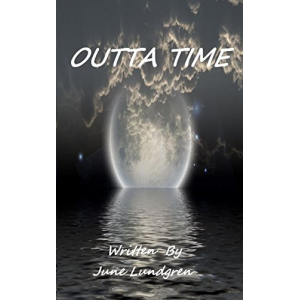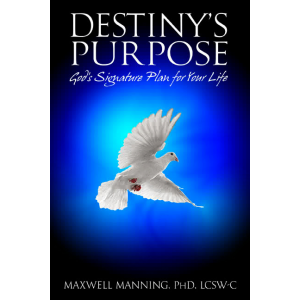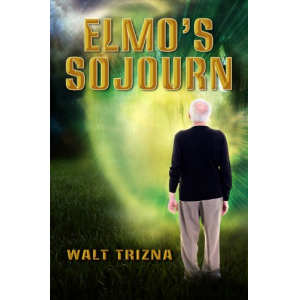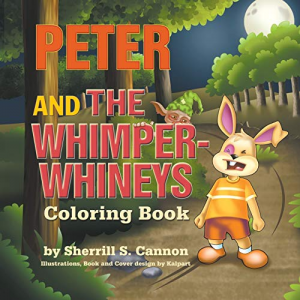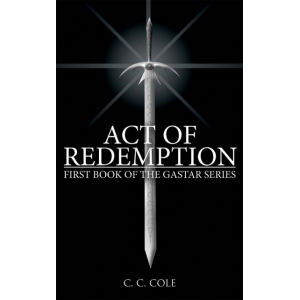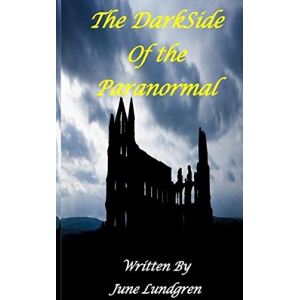- Author
- Book
- Story behind the book
- Media Links
- Reviews
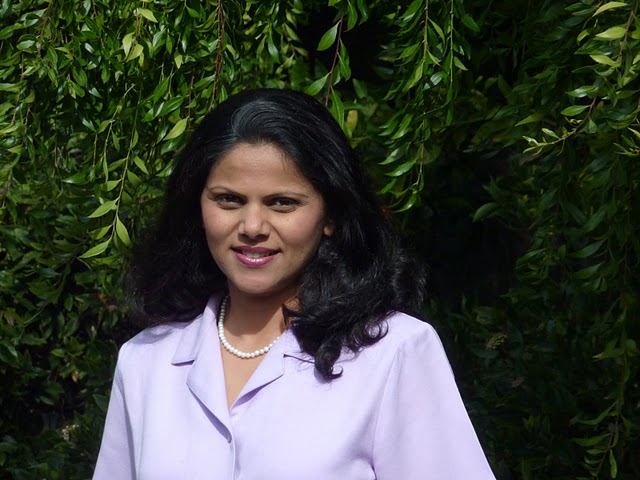
Raji Lukkoor
About
I'm a happy, positive, fun-loving being who loves to read and loves to write.
A ten-day vipassana meditation retreat that I attended in the summer of 2008, inspired me to write about my spiritually transforming journey in my debut publication, "Inner Pilgrimage: Ten Days to a Mindful Me."
I hold a bachelor's degree in civil engineering from Goa University, India, and a master's degree in environmental engineering from San Jose State University, California. I also possess writing credentials from the University of California at Santa Cruz.
My passion for writing has led me for nearly twenty years now, to write for government and technology companies in Silicon Valley, and provide volunteer writer services for non-profit organizations throughout the world.
I have won many writing contests, including the United Nations contest for essay writing in 2003.
I was born and raised in the sleepy, laid-back coastal state of Goa, India, but I now reside in California with my husband and two sons.
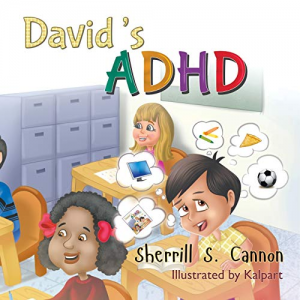
David's ADHD
Description
<p>Does your child have ADHD (Attention-Deficit Hyperactivity Disorder)?</p><p>Meet David, one of award-winning author Sherrill S. Cannon's "Classroom of Kids," who manages his ADHD with the help of classmates.</p><p>David discovers ways to cope with his hyperactive brain, while learning how to calm and soothe his ADHD. Solutions include setting daily schedules and following simple rules that regulate behavior. His teachers and therapists encourage using the computer for academic advancement, and to establish a pattern for study as well as for occasional recreation. David not only learns self-control and communication skills, but is able to fit into the classroom and make friends.</p><p>Once again social values are emphasized in the author's latest illustrated children's story, and classroom friends from previous books are featured. In fact, David has been part of the class for a long time!</p><p><strong><em>"David's ADHD</em></strong><em> is a timely topic for parents and children. A story in rhyme that demystifies ADHD. It explains a youngster's behavior in terms of his inattentiveness and impulsivity and how it impacts those around him. A sensitive way of creating understanding for children with ADHD and their families."</em> - <strong>Dr. Valerie Allen, licensed school psychologist</strong></p><p><strong>Author Bio: </strong></p><p>Former teacher Sherrill S. Cannon has won 76 awards for her previous 11 rhyming books. She is also the author of seven published and internationally performed plays for elementary school children. The author has been called "an absolute master of rhyming" and "a modern-day Dr. Seuss."</p>
Story Behind The Book
Have you ever experienced frustration, desolation, and emotional/relationship problems? Are you dissatisfied despite being swathed in material wealth? Are your fears, compulsive desires, and obsessions holding you hostage? Much of this suffering or “inner war” is directly rooted in what the Buddha calls cravings, aversions, and ignorance. Vipassana, more popularly known as insight meditation, is a tool you can use to emerge from the inevitable sufferings of existence. Compulsions and obsessions aside, my pet peeve is tormenting thoughts and the often dramatic, nearly catastrophic feelings that stem from my fear-fueled reaction to life’s challenges: fear of being judged, fear of failing, fear of abandonment, fear of losing a loved one. On a more immediate level, fear of lying, fear of being lied to, fear of being misquoted or misunderstood, fear of saying “no” and having to deal with the consequences, and fear of making the wrong impression on people are also quite agonizing. Then there’s the ego to contend with. To uphold my ego, I would react in some fearful, habitual old way, erecting a protective barrier around me, afraid to open or change. This is the trap of misery and suffering. Fear-based reactions encompass the entire gamut from anxiety, confusion, dread, denial, guilt, shame, self-recrimination, and depression to anger, frustration, blame, and resentment. Unconscious attachment to my thoughts, opinions, perceptions, impressions, and experiences and years, perhaps decades of conditioning have helped entrench this habit of blind, emotion-triggered reactions, with a false assurance of peace and happiness. Vipassana was the antidote for my “inner war.” A ten-day vipassana retreat in the summer of 2008 transformed my life in ways I could never have imagined—it brought me peace, a cloudless understanding of who I am, and, above all, it brought me happiness. Post vipassana, my life has become suffused with mindfulness and equanimity, and the barriers of habit and fear are gradually breaking down. Now during an unpleasant situation, instead of spinning off in the usual way, I choose to jam the brakes, slow down, and take some time to reflect. My favorite mantra now is, “Respond; don’t react!” This mantra translates to, “Take care of the situation; don’t get caught up in it!” Some of other mantras are "Listen; don't talk," and "think; don't assume." This does not mean I have attained enlightenment, nor does it mean I have suffering restrained; it simply means that I have begun a journey of profound awareness—an awareness that is helping me understand and embrace my various roles in life, explore coping skills to counter my fears, and examine and address my shortcomings in a constructive manner. This awareness has introduced a level of freedom I had never experienced in my life. I feel like I have evolved a thousand times over since the ten-day course. With vipassana as the backdrop and my mind as the vehicle for healing and growth, I am learning to live a life that is fully expressed, connected, healthy, compassionate, and vibrant. Hope you will enjoy reading my book.
